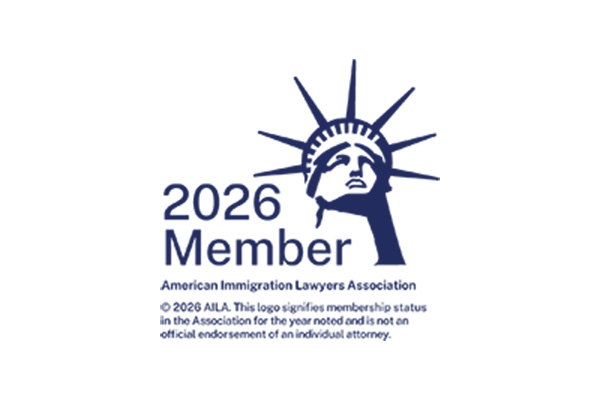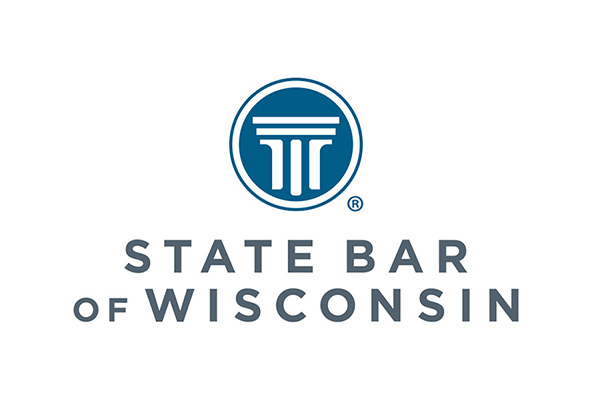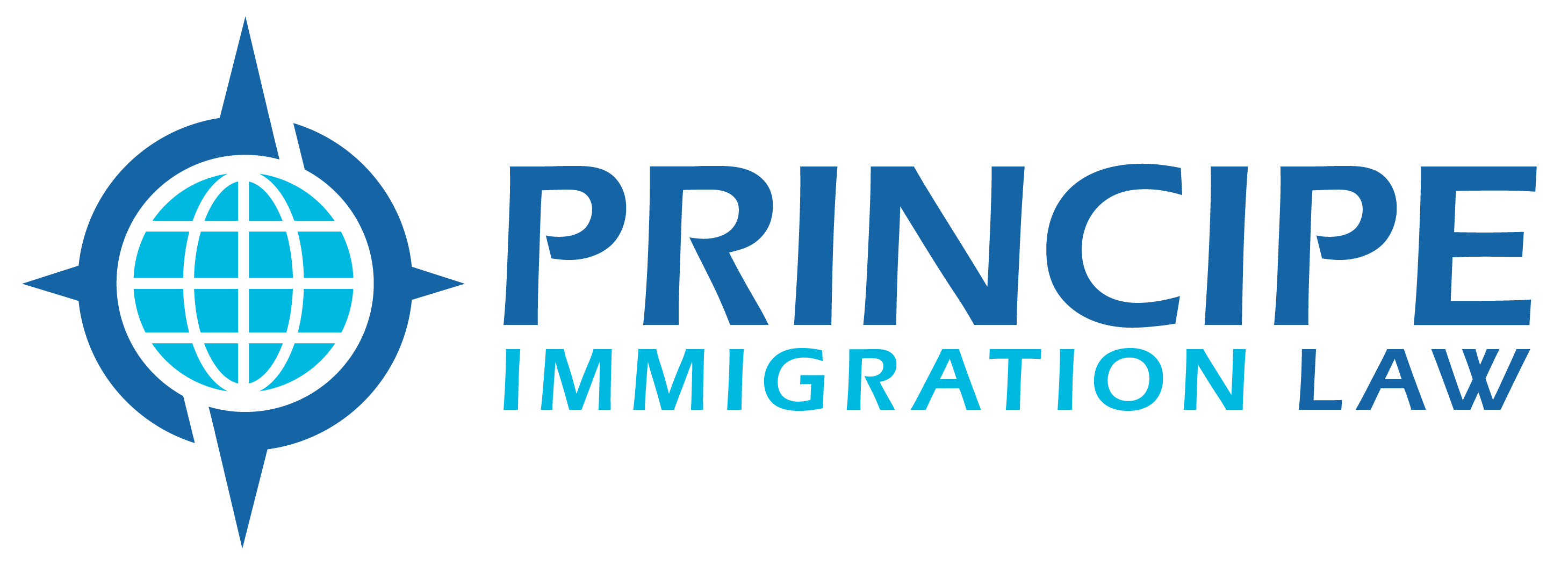Business Immigration Law Attorney
With over 20 years of experience, Principe Immigration Law specializes in business immigration, focusing on employment-based visas. The firm also assists clients with family-based immigration, as well as citizenship and naturalization. Principe Immigration Law delivers a seamless and efficient immigration processing experience helping you start your journey to the United States.

Unlocking U.S. Immigration Pathways for Investors, Entrepreneurs, and Their Families.
At Principe Immigration Law, we specialize in crafting strategic, streamlined immigration solutions for investors, start-ups, entrepreneurs, and their families. We focus on executing practical, real-world business plans and leverage our experience to help clients achieve their immigration and business objectives efficiently.

Simplifying Employment-Based Immigration for Employers and Employees:
At Principe Immigration Law, we bridge the gap between business strategy and immigration law, offering tailored guidance to help employers and employees navigate their options. We break down the advantages and challenges of each pathway, ensuring a smooth transition and seamless process.

Helping Individuals and Families Achieve Their U.S. Immigration Goals
At Principe Immigration Law, we bring the knowledge, experience, and attention to detail necessary to help individuals and families successfully achieve their immigration goals. Whether you are seeking to bring a family member to the United States, secure work authorization, or plan for life after graduation, we craft tailored immigration solutions to meet your unique needs.
Why Principe Immigration Law

Experienced
With over twenty years of experience, Principe Immigration Law understands the complexities of the immigration process and has the expertise to guide you along the way.

Tailored
As your dedicated immigration attorney, we will be your advocate and tailor the experience to your needs.

Streamlined Process
Principe Immigration Law uses modern technology to streamline the process and make it as efficient as possible.

Guidance
Principe Immigration Law provides guidance throughout the process by setting expectations, clearly outlining the next steps, and explaining in straightforward terms.
Shelly Principe, Managing Director & Founder

With over 20 years of experience, Principe Immigration Law specializes in business immigration, focusing on employment-based visas. The firm also assists clients with family-based immigration, as well as citizenship and naturalization.
Before founding her own practice, Principal Attorney Shelly Principe worked at a BigLaw corporate immigration law firm, managing a high-volume practice and representing worldwide clients. She guided corporations – human resources, in-house counsel, and C-suite executives through the process of obtaining employment-based nonimmigrant and immigrant visas on behalf of international personnel. Recognizing the opportunity to blend her extensive experience with innovative technology, Shelly established Principe Immigration Law to provide clients with a seamless, efficient, and superior immigration experience.
Principe Immigration Law represents business owners, executives, founders, and companies of all sizes—from multinational corporations to entrepreneurial startups—seeking to establish or expand operations in the United States. On the family-based side, the firm works with engaged couples, spouses, and families navigating the immigration process.
By combining big-firm expertise with boutique-level personalized attention to detail, Shelly Principe is a dedicated advocate who guides clients through the visa approval process, ensuring they take the pathway that best fits their needs.
Dedicated & Experienced Business Immigration Attorney
Memberships
Licensed as a U.S. attorney in both Wisconsin and Illinois, Shelly Principe is a member of the American Immigration Lawyers Association (AILA) and has recently served on AILA committees that provide legal education programming for immigration attorneys. Shelly is also a member of the State Bar of Wisconsin.


